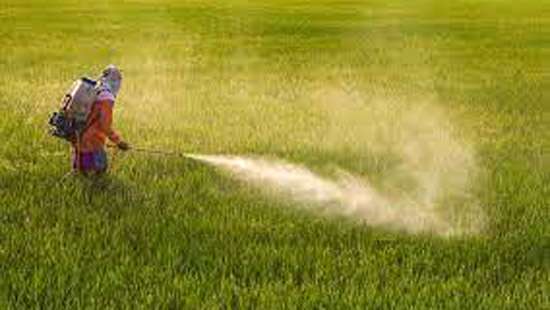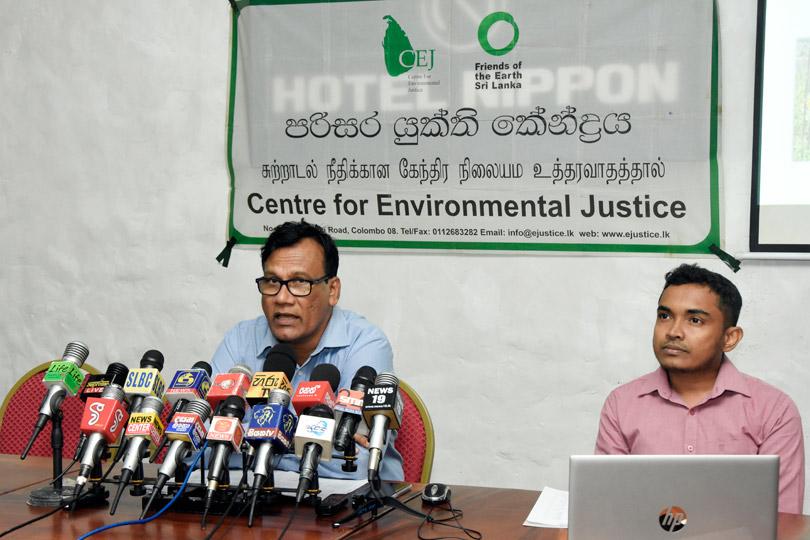Reply To:
Name - Reply Comment

Following a survey conducted by the Centre for Environmental Justice (CEJ), it is said that 40 active ingredients are considered highly hazardous pesticides (HHPs) among the permitted pesticides in Sri Lanka, which are very harmful to people as well as the environment. CEJ Senior Advisor Hemantha Withanage said.
He told the media that a gazette notification was issued on November 26, 2016, announcing the permitted pesticides with reference to the PAN international consolidated list of banned pesticides.
Meanwhile, 14 active ingredients identified as HPPs have bee found in pesticides recommended for domestic use.
"HPPs related health issues are a major concern for toxicologists today. Researchers have shown their links to cancer, tumors, nervous system disorders, reproductive problems, immune system effects and endocrinology. But our country has given the least attention to these issues.
"Within five years, 2,181 metric tons of herbicides, 1,183 metric tons of insecticides and 896 metric tons of fungicides have been imported to the country annually. They have all been released into the soil, water and air through the direct exposure of farmers who handle these chemicals in their cultivations.
"According to a survey conducted from January to March 2023 by the CEJ, 373 male and female farmers in nine districts detected malpractices in the use, storage, and disposal of pesticides, such as mixing unknown chemicals to obtain better results. Taking pesticide containers for alternative purposes, open dumping of empty containers, burning empty pesticide packets, and mixing and spraying pesticides without proper personal protective equipment were some of these as well as no proper use of clothes and masks," Withanage said.
The CEJ said that the country needs a strong commitment from both the government and political structures, as well as officers at ground level working closely with farmers to warn them of the toxicity of pesticides. (Chaturanga Pradeep Samarawickrama)



Pix by Nimalsiri Edirisinghe